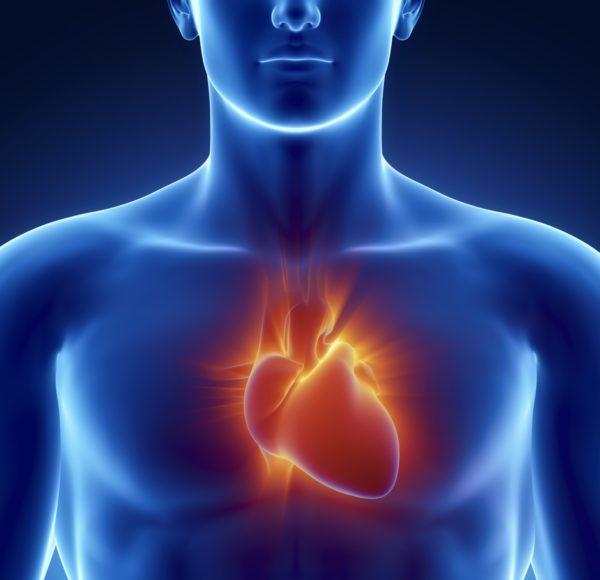
What do extreme long-distance swimming and spaceflight have in common? They can both shrink the heart, according to a new study.
Both activities reduce the pressure of gravity on the heart, making it so that it doesn’t have to work as hard to pump blood upwards through the body. The heart is a muscle, and just like any other muscle in the body, if it’s not used as much as it used to be, it will shrink.
To understand what effect weightlessness has on the heart, a group of researchers analyzed health data from retired astronaut Scott Kelly’s year aboard the International Space Station from 2015 to 2016, and health data from elite endurance swimmer Benoît Lecomte, who swam 1,753 miles (2,821 kilometers) across the Pacific Ocean in 2018.


